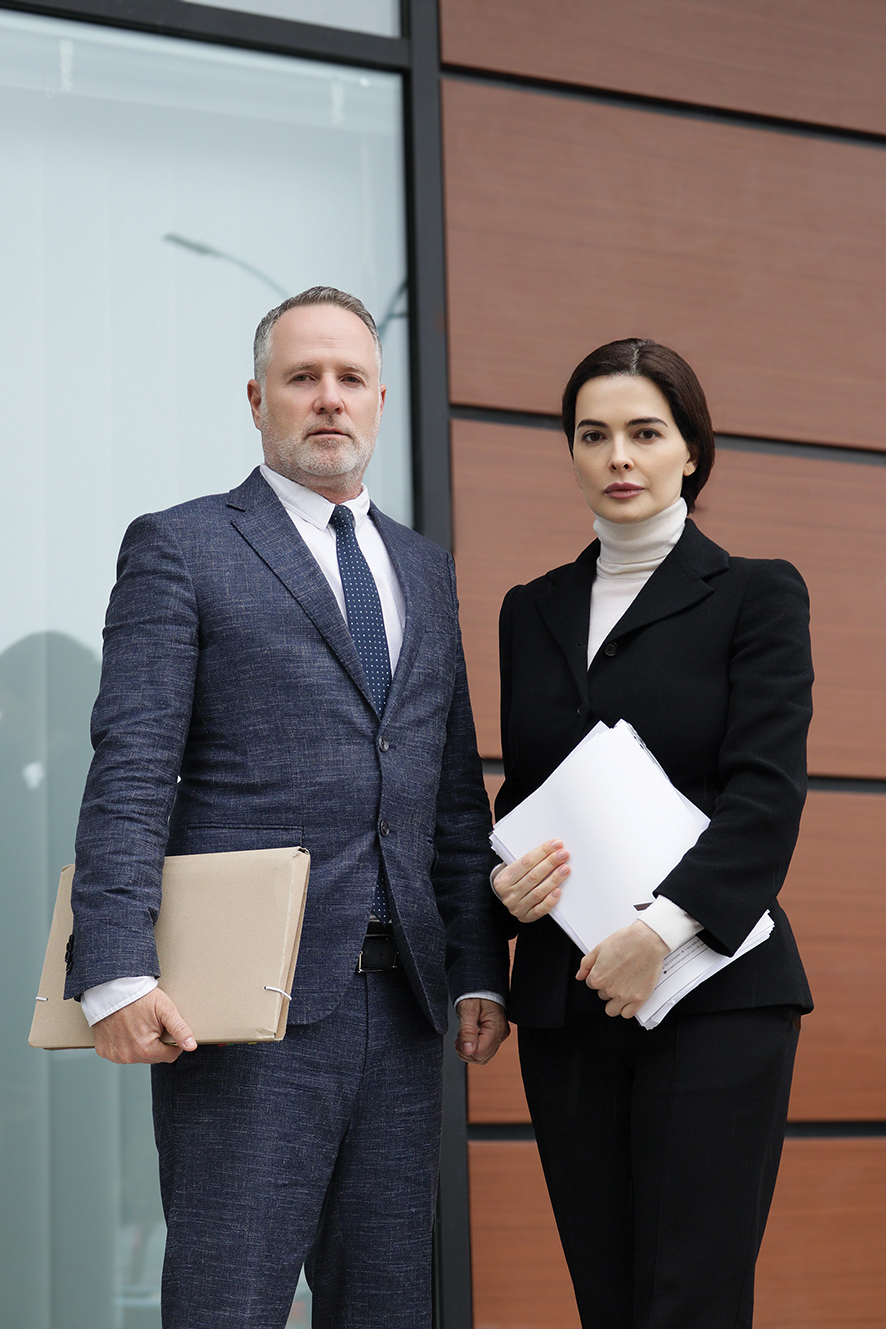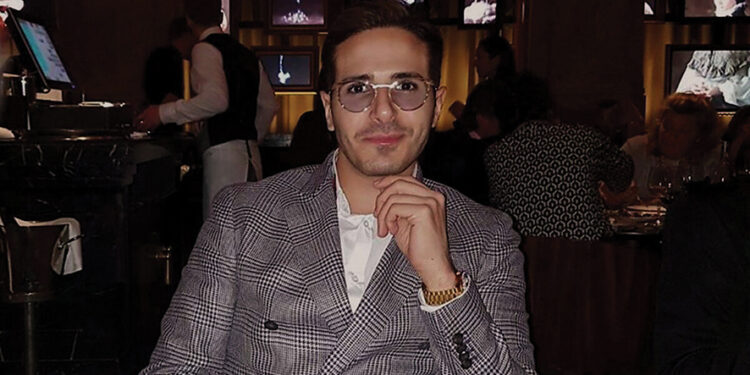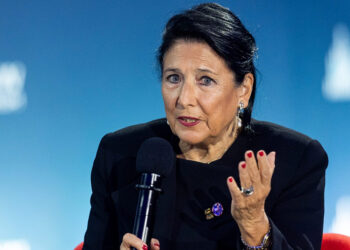Simon Leviev, born Shimon Hayut in Israel, first attracted international attention in 2019 when he was accused of defrauding several women across Europe after having met them on dating apps. His alleged method — posing as a wealthy heir to the diamond trade — was the subject of the 2022 Netflix documentary The Tinder Swindler.
He has consistently denied any wrongdoing, arguing that his relationships were consensual and that the documentary presented a distorted and exaggerated picture of his life. Leviev previously served a brief prison sentence in Israel on unrelated charges of fraud and forgery. Since his release, he has sought to rebrand himself as a businessman and media personality.
Yet Simon Leviev is now facing a very different kind of scrutiny. Detained in late September in Batumi, Georgia, he awaits a court decision on a German extradition request related to alleged fraud amounting to €40,000. If granted, the extradition could see him facing up to 10 years in prison in Germany.
For now, Leviev is being held in a detention facility in Kutaisi, where his lawyers say conditions are difficult. But his legal defense is taking shape, formally appointed to represent him in the ongoing proceedings: Sharon Nahari, one of Israel’s foremost experts in white-collar crime and extradition cases, and Mariam Kublashvili, a prominent Georgian lawyer known for her high-profile criminal defense work.
Both have made clear that they intend to contest the extradition vigorously.
“Our defense is clear,” says Nahari. “The German request is disproportionate, based on weak evidence, and Mr Leviev denies the allegations entirely. There are also serious concerns regarding the statute of limitations. He has always appeared for, and cooperated with, investigations across Europe. To arrest him in a third country, rather than addressing the matter openly through Israel, is unfair and unacceptable.”
Kublashvili, meanwhile, describes the nature of their work as both legal and reputational.
“We have obtained the case materials and are working intensively,” she says. “We visited him in prison on Monday and he told us the following: ‘I have absolutely no recollection of any of this. I’m not claiming to be an angel, but I genuinely don’t remember anything of the sort — especially given how little evidence has been presented. Under the circumstances, I believe I’m either being set up, or there’s been some kind of misunderstanding. I am living an entirely different life now, and have been doing so for more than five years.”
According to Kublashvili, the case must be viewed in context — one that includes the media attention that has followed Leviev since the 2022 release of The Tinder Swindler.

“Given the sensitive nature of the case, and the fact that he has become a globally recognized figure — even the subject of a Netflix documentary — what we have witnessed is an extremely biased and skewed media narrative,” she says. “We need to remember that he is a very different person now. Since 2022, he has embarked on a new, entirely legal career, and has even published a memoir. In some ways, his story reminds me of Jordan Belfort’s: a man who turned over a new leaf and went on to become a highly sought-after motivational speaker. There are many other such examples. Simon hopes to follow a similar path.”
Kublashvili was asked about Leviev’s personal circumstances in custody, which are allegedly “challenging.”
“My client is being held in conditions that lack even the most basic standards of hygiene,” she says. “And since none of the staff speak English, he can’t make himself understood. I will do my utmost to have him transferred to Tbilisi, where the conditions are somewhat better — I have already applied for his transfer.”
For now, she adds, Leviev is trying to keep himself busy, requesting books and notes, including a copy of his own memoir, which he reportedly intends to revise while in detention.
Nahari, meanwhile, stresses that the case itself — stripped of media narratives — does not, in his view, meet the threshold for extradition.
“The German request is wholly disproportionate,” he says. “They are seeking up to 10 years of imprisonment over an alleged sum of €40,000. Mr Leviev is entitled to a fair trial, yet the overwhelming media bias makes such a trial impossible in Germany. The evidentiary basis is simply lacking — in our view, there is nothing that justifies extradition.”
The Georgian judges have within three months of the date of his detainment to decide whether the case presented by the German prosecutors satisfies the requirements for extradition under Georgian and international law.
Leviev’s legal team maintains that it does not, and that the matter should be resolved through Israeli jurisdiction instead. “We will pursue every legal avenue available to ensure the protection of his rights,” Nahari says.
For Leviev, the case represents both a legal challenge and a test of public perception. His lawyers insist that he is not the man the world came to know through the Netflix documentary, but rather someone seeking to live his life in legitimate ways. Whether the Georgian court — and later perhaps, the public — will accept that argument remains to be seen.
Interview by Team GT














